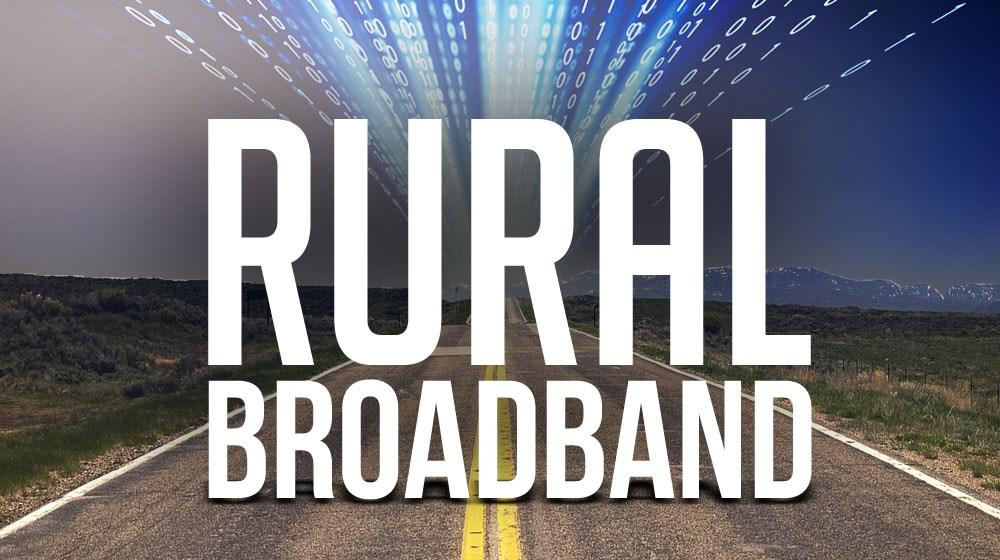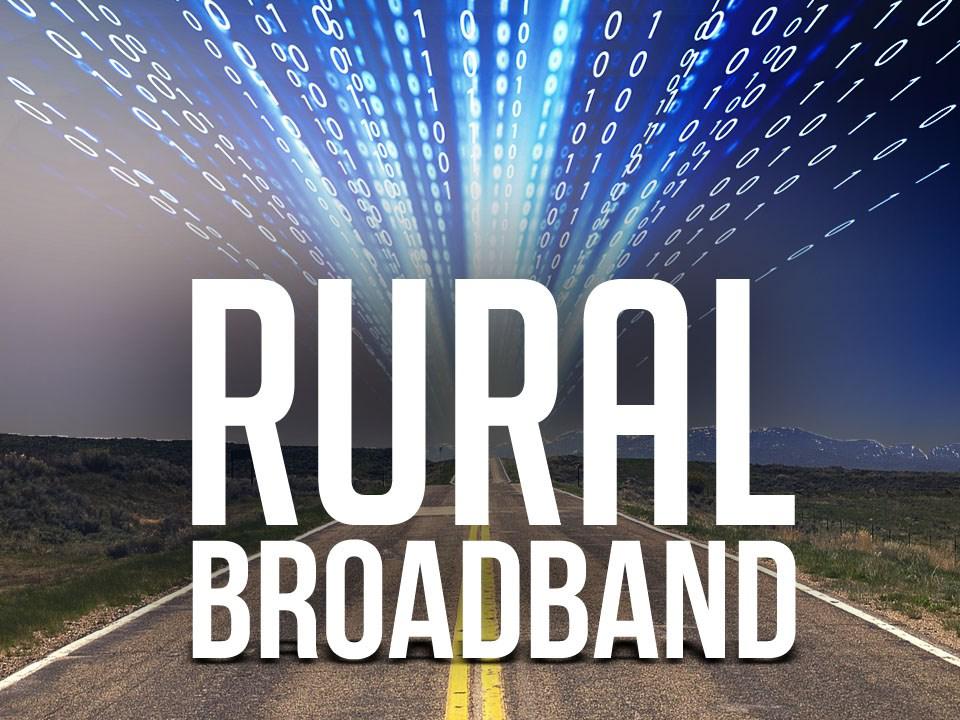Where rural broadband is concerned, lawmakers still have their work cut out for them.

(Photo credit: Pixabay • U.S. Army)
Mississippi’s governor has signed into law a bill allowing the state’s 25 electric power associations – EPA's – to provide high speed internet service to their customers, all part of an effort to grow rural broadband.
You probably know what many know, that robust internet is good for everybody, including farmers or other businesses in rural areas – who are of course more efficient with it than they are without it.
But until now in Mississippi, a law dating all the way back to the 1940's has kept EPA's out of the web business, though that changed when the governor signed the bill (which, by the way, sailed through the state legislature in just two weeks). You'd think all would be well in Webville.
But here's the flip side: Just because EPA's will be allowed to provide internet service doesn't mean they will. They won't be required to – and their customers won't be required to buy it, all of this laying on top of the idea that it's expensive to lay fiber optic cable in wide open spaces when there may not be thousands of customers waiting to pay for the service. And therein lies the reason for what Mississippi’s northern district public service commissioner Brandon Presley calls the “digital darkness.” He says the state is in an ‘internet crisis,’ and that it's a simple fix. Pass the bill -- build out the web.
But the Mississippi Center for Public Policy says, "Hold on. It might be a good idea, but the reality is, not all EPA's will necessarily provide the service. And, who will pay for it?” The new law says EPA's can't use money from electricity sales to subsidize the cost of building the infrastructure. Where will that come from? Brett Kittredge from the Center loves the idea of internet coming to every corner of the state, but he also says reality has to play a big part of the plan.
“...People are excited, naturally,” he said in a recent phone interview. “They’re like ‘Yes, we’re getting broadband.’ And it’s like we’re going to flip a switch, and because the legislature did this, broadband’s going to be available. And it’s obviously not that.”
He continues: “There are many questions that we still have, that maybe because this moved so fast, we never really heard them. Will your EPA provide these services? Will they reach every member? There are just so many questions. How are we going to pay for this?
“The reason AT&T, Xfinity, C Spire aren’t in all these areas is because the business model doesn’t work. They can’t charge enough to make it economically feasible. And so, it’s going to come to the point where we’re going to need subsidies from taxpayers to make this happen — and that’s where we are very cautious about subsidizing this market, this world."
Still, there’s no question that reliable high speed internet will have a monumental impact on the ag community. Will Gilmer is a long-time Alabama dairy farmer who makes constant use of the internet. A co-op he belongs to will soon help him acquire service nearly 100 times faster than what he has now. That will catch him up with the rest of the world, and allow him to use video that will save him time and money.
Say Gilmer, “…You’ll have the bandwidth now that you can have either — if you’re wanting a closed circuit system when you’re not there onsite, you can pull up camera feeds from your cellphone, your laptop, your computer at home, whatever it might be.”
He continues, “Or if you’re wanting to have some kind of outward facing public relations campaign that you’re setting up webcams or livestreams so that other people can see what’s happening on your farm. It gives a lot of different options, depending on what you’re looking for, to help you manage your own business, or help you market it to consumers.”
Most in agriculture are savvy enough to know they have to compete – and preserve every penny possible. Broadband helps them do that – and those in government understand that concept intuitively. “High-speed internet e-connectivity is a necessity, not an amenity,” said U.S. Ag Secretary Sonny Perdue in a recent statement. “[It’s] vital for quality of life and economic opportunity,”
Ultimately, though, politicians can’t just sign a bill in record time and hope for the best. They actually have to help push broadband into reality.




